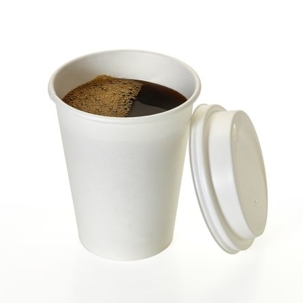A recent video produced by the New York Times – Woman Burned by McDonald's Hot Coffee, Then the News Media – details the story of Stella Liebeck, the 79-year-old woman who filed a lawsuit against McDonald's after being severely burned when hot coffee spilled on her lap. Liebeck's attorneys argued that the coffee was too hot. A New Mexico jury awarded Liebeck $2.86 million dollars in 1994.
Liebeck's case garnered global media attention and sparked widespread controversy and discussions on the subject of tort reform. For many who heard only the surface of facts – often skewed by media sources and multiple retellings – the case represented serious problems with frivolous lawsuits and the nation's civil justice system. The New York Times video attempts to explain why Liebeck's case was one of the most misunderstood stories in America.
More to the Story
Although Liebeck initially wrote a letter to McDonald's requesting reimbursement for $10,000 in medical bills, McDonald's responded by offering $800. Two more attempts to settle out of court with McDonald's were refused. The video explores what exactly happened to Liebeck, what she intended to receive from McDonald's, and why the civil jury awarded such a large amount – $160,000 for medical expenses and $2.7 in punitive damages – against McDonald's. It also explains how the size of the jury award overshadowed details of the case and the facts related to how the jury made its decision. Although many focused on the large size of the award, it was later reduced by the judge to $650,000 and is believed to have been settled for less $500,000.
The essential facts in the case appeared simple: Liebeck bought a product and used it as it was intended. Because it was unreasonably hot and unreasonably dangerous, Liebeck suffered preventable harm. Her suit became her mission not to receive a large sum of money, but to ensure that McDonald's would lower the temperature of their coffee, which the restaurant's policy required to be served at 180 to 190 degrees, roughly 30 degrees higher than home brewed coffee.
During the case, experts stated that such temperatures can cause third degree burns within 15 seconds. It was also discovered that hundreds of other McDonald's customers had experienced similar burns as a result of unreasonably hot coffee. Because McDonald's viewed these injuries as statistically insignificant, they did not lower the temperature of their coffee.
Liebeck's case is an interesting study in product liability and the rights of injured consumers. It is an even more interesting study on how missing facts result in an incomplete story, as condensed retellings of the case made the jury award seem unrealistic, and not a logical consequence of a thoughtful trial. All legal professionals, and anyone who watches the media to form their own opinions, can learn something from this story.

